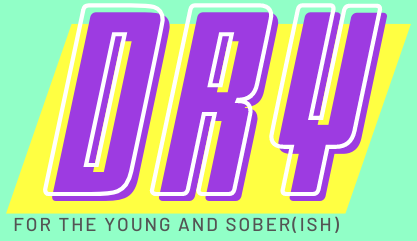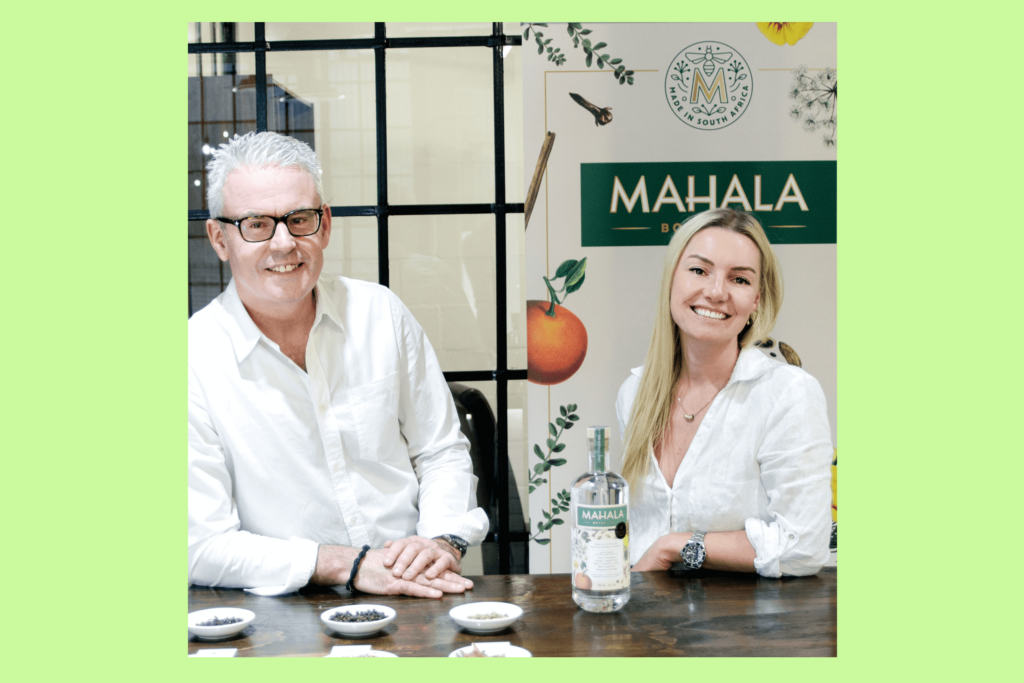Following the launch of non-alcoholic spirit Mahala Botanical in the UK in March, the thirst for healthy and premium alcohol-free alternatives may have been quenched. We talked in-depth to master distiller Danielle Schoeman and co-founding brand director Paul Scanlon about how it all came together.
For many, the first Covid lockdown in March 2020 prompted an escalation of alcohol consumption. A Public Health England survey last year showed that between March 2020 and March 2021, there was a 58.6% increase in the proportion of respondents drinking at increasing risk and higher risk levels. But all that Covid-induced drinking may have played a role in the growing popularity of mindful alcohol alternatives, which have come to the forefront in the wake of the pandemic.
Mahala Botanical co-founder, Paul Scanlon, former Pernod Ricard managing director for South Africa, says: “People were spending too much on alcohol in lockdown one, then during the second there was a clear shift in mindset where people thought ‘hang on, I’ve just had five bottles of wine on a Tuesday, this is not so good’.”
However, this was not the case for South Africa. One of only four countries in the world to ban alcohol during lockdown (alongside Thailand, India and Kenya), the ‘prohibition’ meant retailers, including Danielle Schoeman’s Doña craft distillery, could not manufacture alcohol.
“It gave me some time to think,” Schoeman says. “After looking at trends and what was happening in the market, no-alcohol kept cropping up and I just couldn’t ignore it anymore.” The South African alcohol ban created a platform for non-alcoholic brands to have front and centre space on supermarket shelves. “People could see that they have options, it was an education on the non-alcoholic category that was beneficial for us all,” she adds.
Originally from Cape Town, Schoeman started Doña Distillery in 2019. She used custom-built vacuum stills in the brewing process, to bring new and exciting spirits to the local market. It was at this distillery that Schoeman created Mahala Botanical, using a triple-distillation process to maintain strong botanical flavours, without infusing any artificial flavourings or sugar.
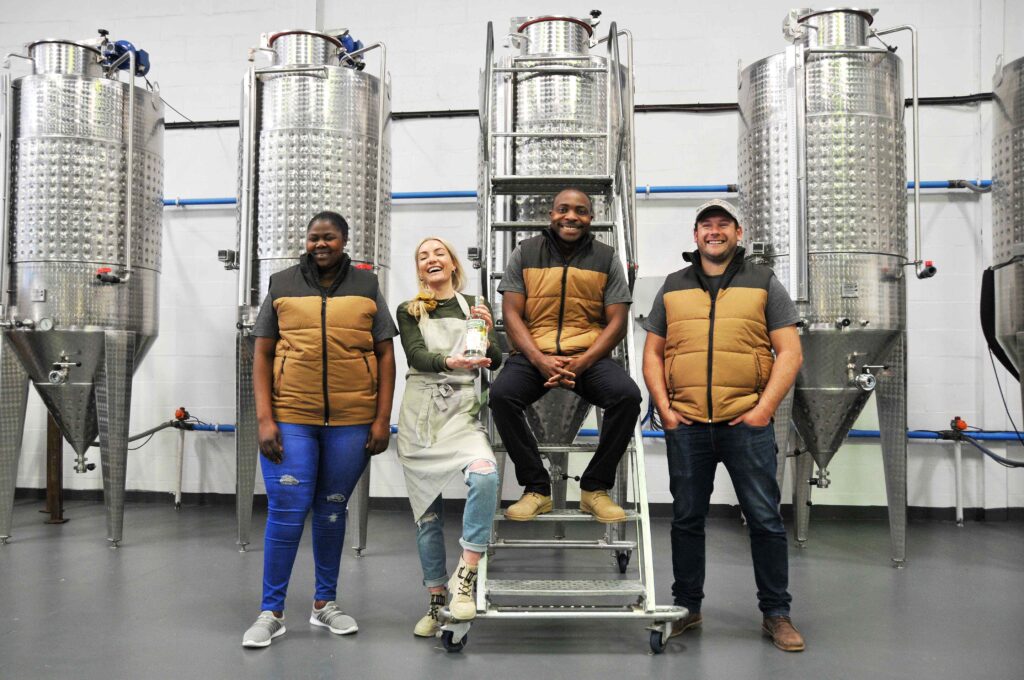
Mahala Botanical is described by Schoeman as having notes of spice, earth, and citrus created by nine indigenous botanicals: Cloves, Honey Bush, Orange Peel, Angelica Root, Buchu, Cardamom, Cassia Bark, Peppercorn and Pelargonium Citronella.
The process begins with fermentation and distillation, before the local botanicals familiar to Schoeman’s childhood are harvested and added to the alcohol in unique vacuum stores. A vacuum is then used to remove the oxygen from the stall that infuses the flavours. Finally, alcohol and purified water are added.
A second distillation removes the alcohol and a third distils the final product, much in the same way premium spirits are created. “We just add a step because we have to take the alcohol off and then the alcohol that we take out is reused for another batch,” Schoeman says.
Scanlon agrees with Schoeman and says that this is what makes Mahala Botanical different from other competitors. “If you’re drinking a non-alcoholic product, you’re trying to be healthy, so we make sure that there aren’t a huge number of sugars and artificial flavours that try to compensate for the lack of alcohol.”.
During the lockdowns in the UK, Google searches for non-alcoholic drinks rose by 63%, compared to before the pandemic. Meanwhile, the traditional spirit categories lost traction – the gin industry alone fell by almost one billion pounds in the UK last year.
Mahala Botanical’s founders think the wellness trend is here to stay. “It is not a fad,” says Scanlon. “Without a doubt, no-alcohol ties in nicely with veganism and healthy lifestyles, but people still want premium options.”
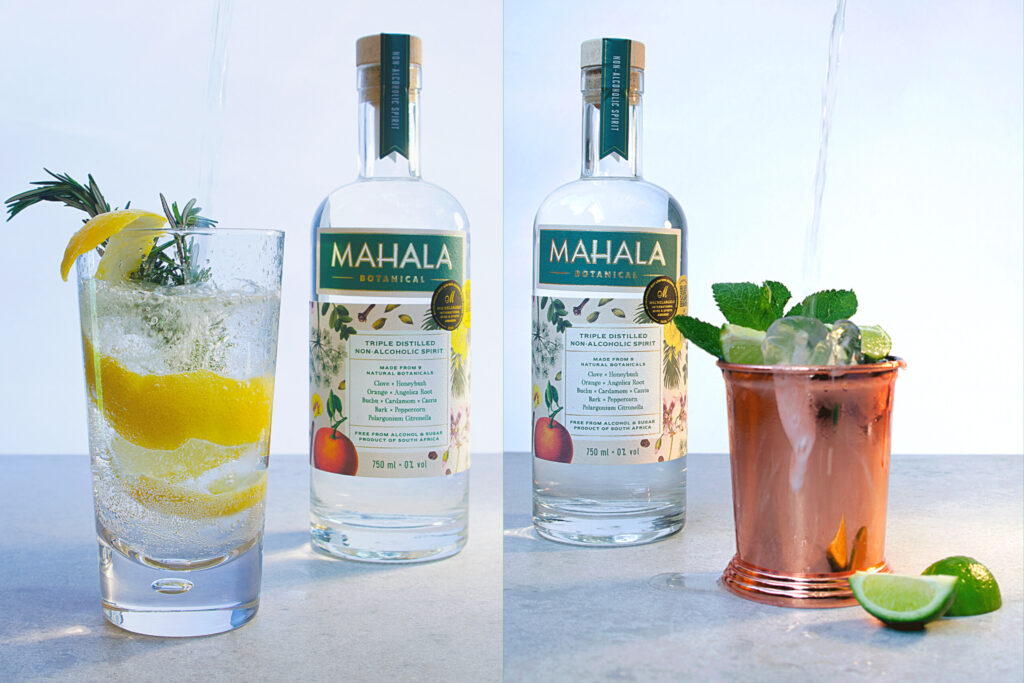
It was important for Schoeman and Scanlon to create Mahala Botanical as an inclusive product that catered to all, including celiac and gluten-free consumers. Their two main target audiences are increasingly sober millennials and people in their late 40s and 50s who want to enjoy socialising with friends in a mindful and premium way, without the expectation to drink alcohol. “The UK launch event had such a vibe, it felt like an authentic night out at a bar. No one even asked for an alcoholic drink outside of our three Mahala cocktail serves,” Schoeman says.
As premium retailers such as Selfridges and Harrods move to build their non-alcoholic portfolios, grocers such as Waitrose and Sainsburys are also at the forefront of accommodating this new category of premium non-alcoholic spirits.
However, Scanlon notes that there are still pub owners and off-licences resisting alcohol-free products. “A quarter of people who go to the pub in the UK do not drink, including children, religious and pregnant people. They need to offer a premium solution,” he says.
Scanlon thinks that traditional vodka drinkers might switch to Mahala on a Sunday night, due to its impressive taste and flavour, without the alcohol. The co-founders are equally excited by opportunities in South Africa at Muslim weddings and occasions, as they continue looking for regional hosts and distributors globally.
Schoeman has already started developing a second variant of Mahala Botanical to be ready in the next six months. She says this is likely to be a darker spirit that is smokier and oakier than the current product.
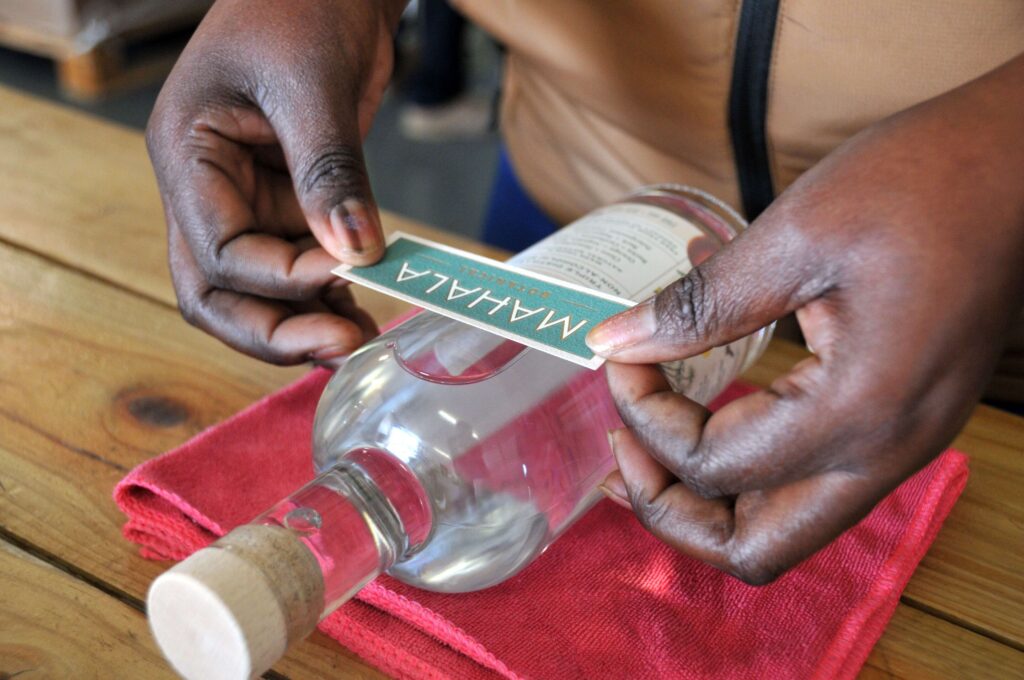
Currently, Mahala Botanical is available online from several UK wine and spirits specialists, including Master of Malt and WiseBartender. Future conversations with a US importer, the FDA, Germany, France, Ireland, and various European airports are planned for later this year.
The premium spirit will be available for tasting at drinks festivals this summer, such as Pub in the Park and Foodies Festival. The brand is also planning a big social media campaign to increase its popularity with younger audiences.
Going forward, Mahala Botanical intends to stay non-alcoholic even as they work on producing other variants. Scanlon says that the brand would never want to be seen as preaching against alcohol, instead they wish to compliment alcohol, without blurring the line.
“I’m building the basket for the distillery and if our volumes allow, Mahala Botanical is our core product,” says Schoeman. “It would be amazing to be South Africa’s first non-alcoholic distillery.”
Featured picture: Mahala Botanical, Picture editor: Charlotte Doyle
